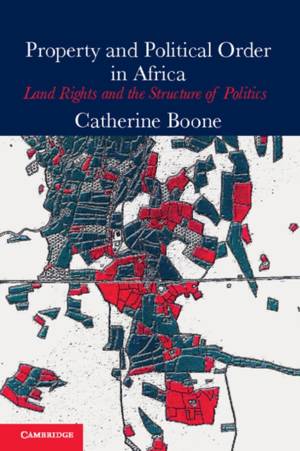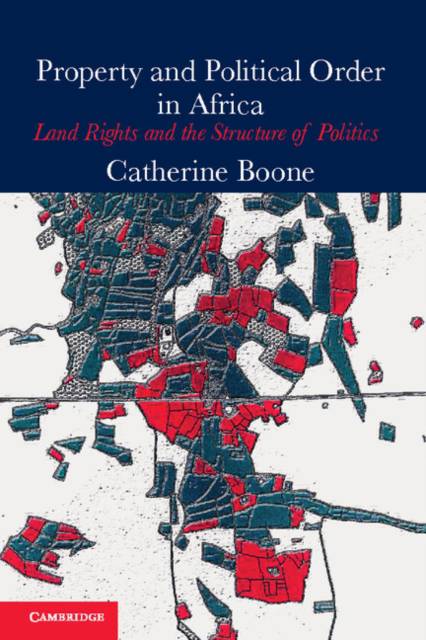
Je cadeautjes zeker op tijd in huis hebben voor de feestdagen? Kom langs in onze winkels en vind het perfecte geschenk!
- Afhalen na 1 uur in een winkel met voorraad
- Gratis thuislevering in België vanaf € 30
- Ruim aanbod met 7 miljoen producten
Je cadeautjes zeker op tijd in huis hebben voor de feestdagen? Kom langs in onze winkels en vind het perfecte geschenk!
- Afhalen na 1 uur in een winkel met voorraad
- Gratis thuislevering in België vanaf € 30
- Ruim aanbod met 7 miljoen producten
Zoeken
€ 201,95
+ 403 punten
Uitvoering
Omschrijving
In sub-Saharan Africa, property relationships around land and access to natural resources vary across localities, districts, and farming regions. These differences produce patterned variations in relationships between individuals, communities, and the state. This book captures these patterns in an analysis of structure and variation in rural land tenure regimes. In most farming areas, state authority is deeply embedded in land regimes, drawing farmers, ethnic insiders and outsiders, lineages, villages, and communities into direct and indirect relationships with political authorities at different levels of the state apparatus. The analysis shows how property institutions - institutions that define political authority and hierarchy around land - shape dynamics of great interest to scholars of politics, including the dynamics of land-related competition and conflict, territorial conflict, patron-client relations, electoral cleavage and mobilization, ethnic politics, rural rebellion, and the localization and "nationalization" of political competition.
Specificaties
Betrokkenen
- Auteur(s):
- Uitgeverij:
Inhoud
- Aantal bladzijden:
- 424
- Taal:
- Engels
- Reeks:
Eigenschappen
- Productcode (EAN):
- 9781107040694
- Verschijningsdatum:
- 10/02/2014
- Uitvoering:
- Hardcover
- Formaat:
- Genaaid
- Afmetingen:
- 157 mm x 231 mm
- Gewicht:
- 703 g

Alleen bij Standaard Boekhandel
+ 403 punten op je klantenkaart van Standaard Boekhandel
Beoordelingen
We publiceren alleen reviews die voldoen aan de voorwaarden voor reviews. Bekijk onze voorwaarden voor reviews.









